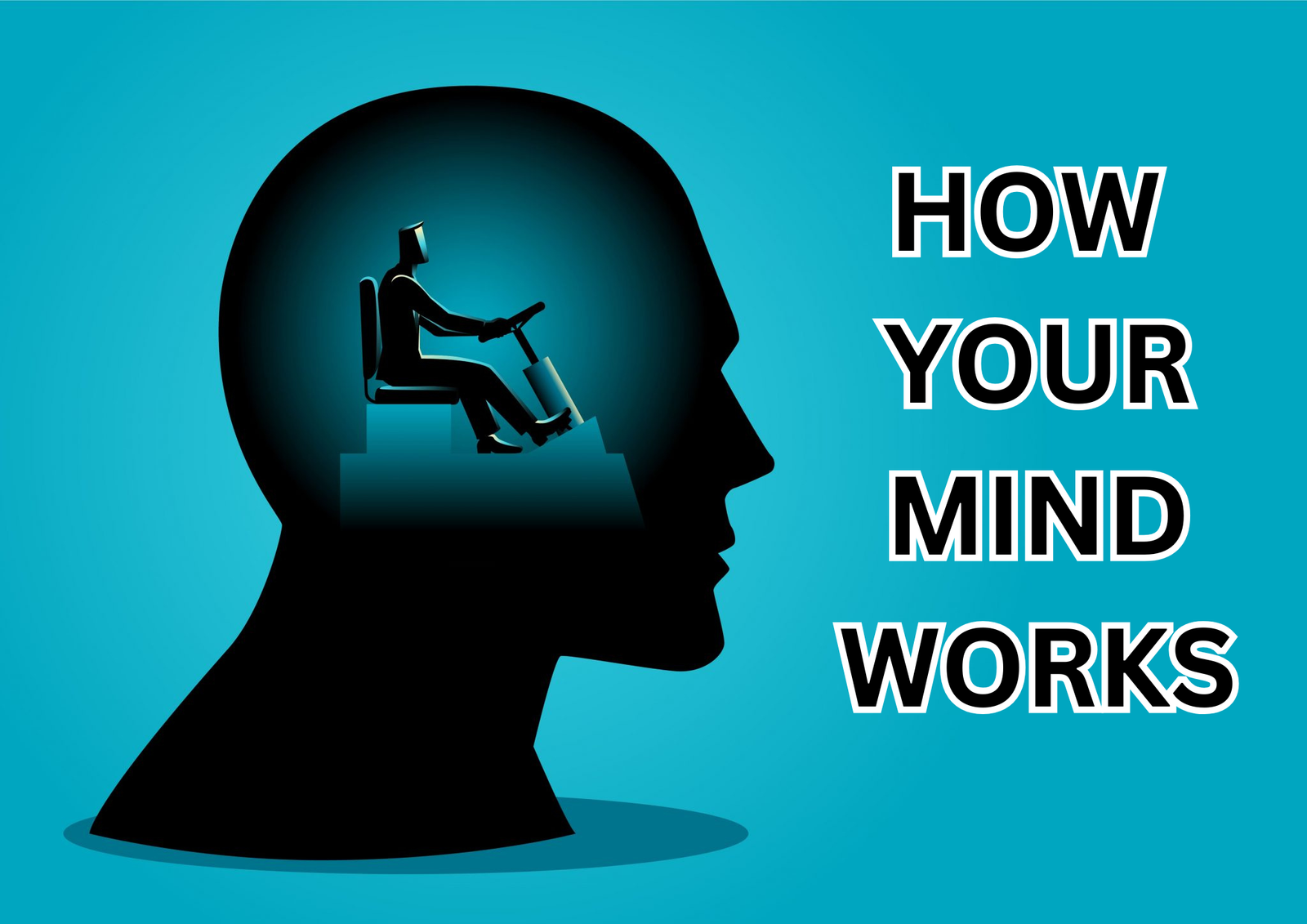The human mind is a remarkable and complex organ capable of processing vast amounts of information and orchestrating a wide range of functions that allow us to think feel learn and adapt at its core the mind is not just about intelligence but also about perception emotions and consciousness it acts as the control center for the body interpreting sensory input and directing responses the way we think and react is shaped by a combination of innate biological factors environmental influences and personal experiences neurons communicate through electrical impulses forming intricate networks that enable cognition memory and decision-making.
Through these networks the mind can form patterns and habits allowing us to operate efficiently but also creating the potential for both positive and negative outcomes the mind incredible adaptability or neuroplasticity enables it to reorganize and rewire itself in response to new experiences this feature allows us to learn and grow throughout our lives the mind is also subject to biases emotional influences and external stressors that can affect its clarity and decision-making understanding how the mind works is essential for improving our mental well-being unlocking our full potential and navigating the complexities of modern life.
The Structure of the Mind:
The structure of the human mind is a deeply intricate system that operates through various layers and components each contributing to how we think feel and behave at the most fundamental level the mind is composed of three main parts the conscious mind the subconscious mind and the unconscious mind the conscious mind is the part we are most aware of handling our immediate thoughts reasoning and decision-making processes it where we experience our everyday thoughts and actively engage with the world around us the subconscious mind stores memories beliefs emotions and past experiences.
The brain physical organ housing the mind is a vast network of neurons that connect and communicate through electrical impulses these neural pathways form the foundation for cognition emotional responses memory retention and decision-making different regions of the brain have specialized functions the frontal lobe governs reasoning and problem-solving the limbic system is involved in emotions and the hippocampus plays a crucial role in memory these parts create the framework for our entire mental experience from logical thought processes to emotional reactions.
The Function of the Mind:
The function of the human mind is a multifaceted and dynamic process encompassing a wide range of activities that govern how we perceive the world make decisions form memories and experience emotions one of the primary functions of the mind is cognition which allows us to think critically reason logically and solve problems this includes our ability to process information recognize patterns and make sense of the vast array of stimuli we encounter daily the mind also plays a crucial role in learning enabling us to acquire new knowledge develop skills and adapt to changing environments.
The limbic system a part of the brain associated with emotions works alongside other regions to help us experience and respond to emotions such as joy fear anger and love these emotions are deeply intertwined with our thoughts and can influence our actions and perceptions in powerful ways beyond this the mind is responsible for our sense of self awareness and consciousness it allows us to reflect on our experiences set goals and define our identity giving us the ability to plan for the future and evaluate our actions in the context of personal values and beliefs the mind functions as a bridge between the body and the environment.
The Process of Thinking:
The process of thinking involves a series of mental steps that allow us to process information make decisions and solve problems it begins when we receive sensory input from the world around us which our brain then filters and organizes this information grabs our attention and we focus on what seems most important or relevant as we think about it our brain begins to analyze the information drawing on past knowledge memories and experiences to make sense of it from there we start connecting different ideas looking for patterns or solutions and sometimes even thinking creatively to come up with new ways to approach a situation.
Our emotions often play a part in this process influencing how we view certain ideas or making us more inclined toward one decision over another once processed and evaluated the information we make a decision or form a judgment leading to a response or action thinking is not always a perfect process it can be influenced by biases assumptions or external factors but it through reflection and adjusting our thinking that we can grow and improve our ability to navigate the world.
The Role of Emotions in the Mind:
Emotions play a crucial role in shaping the human mind influencing our thoughts actions and perceptions they are deeply intertwined with our mental processes acting as both a guide and a response to the world around us when we experience emotions it joy fear anger or sadness they trigger physiological and cognitive reactions that help us navigate our environment for instance fear may heighten our awareness and prompt us to take protective action while happiness can encourage positive social interactions and reinforce behaviors that bring us joy.
Beyond guiding behavior emotions also influence how we process information and make decisions they can color our judgment sometimes leading to impulsive reactions or biases but they can also provide valuable insight into what we value or prioritize for example, feelings of empathy can drive us to make compassionate choices while anger may push us to address perceived injustices in essence emotions are integral to the way the mind operates influencing our cognition behavior and interactions.
